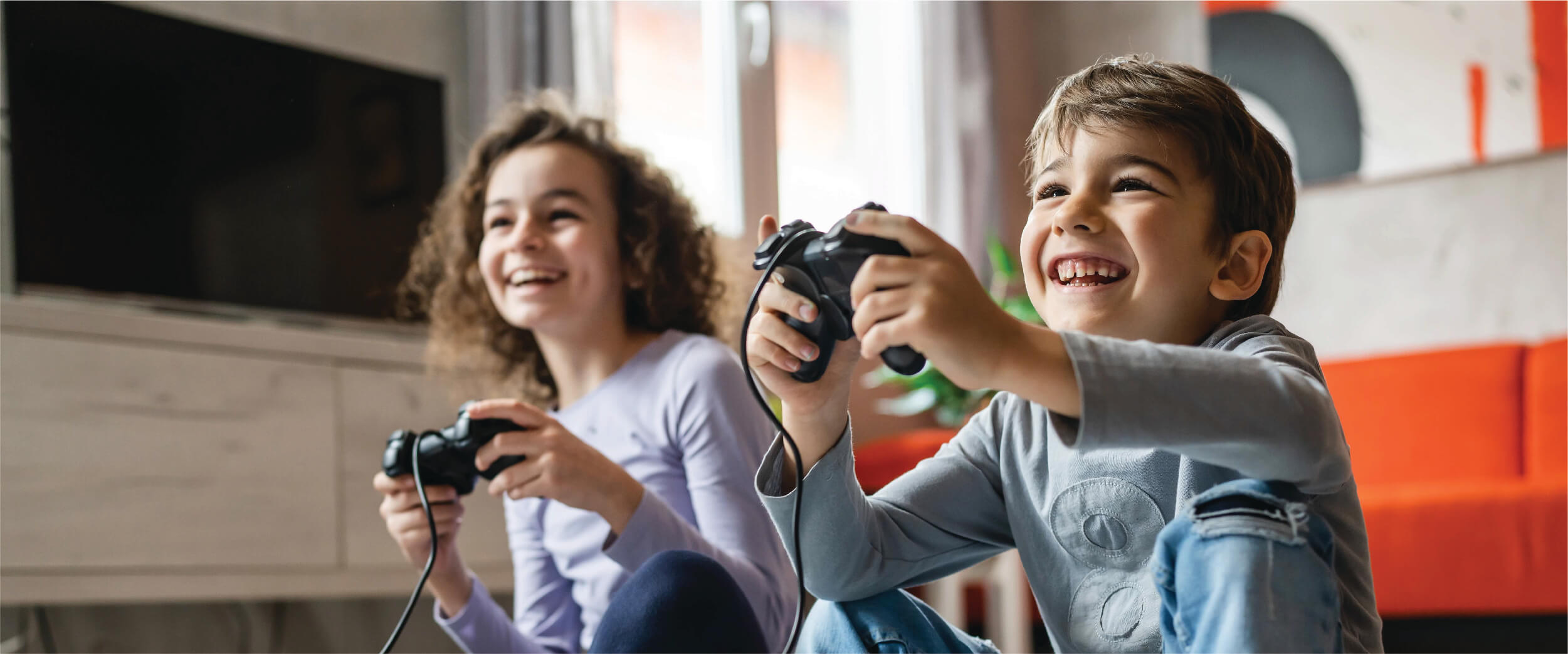Building Quality Friendships Fuels Children's Positive Development

Quality friendships play a pivotal role in helping shape the lives of children and youth and as a positive factor that can help them manage various challenges they may face. As children navigate adolescence and growing up, the friendships they form contribute greatly to their overall emotional, social, and academic development.
Emotional Development and Support
Quality friendships help build a strong foundation of emotional support for children and youth. Adolescence can sometimes be a roller coaster of ups and downs, but having friends who are understanding, empathetic, and good listeners can help alleviate emotional burdens. Quality friendships also provide a support network giving children and youth a sense of belonging and security, which contributes to a strong mental health outlook.
Social Development
Peer interactions allow children and youth to refine their social skills such as communication, cooperation, and conflict resolution. These experiences contribute to strong social-emotional skills and help children make positive transitions as well as predict later achievements in school and life in general.
Academic Performance
Quality friendships can also positively impact academic performance. Shared interests among friends and study groups help motivate children to get good grades and learn new things.
Marine Corps Child and Youth Programs (CYP) support the healthy development of children and teens. The environment and curriculums provided by CYP highly value and nurture the connections needed for creating friendships. CYP understands how crucial these skills are and strives to help children and youth build quality friendships, which are essential for creating a resilient foundation to help children and youth navigate life’s challenges.